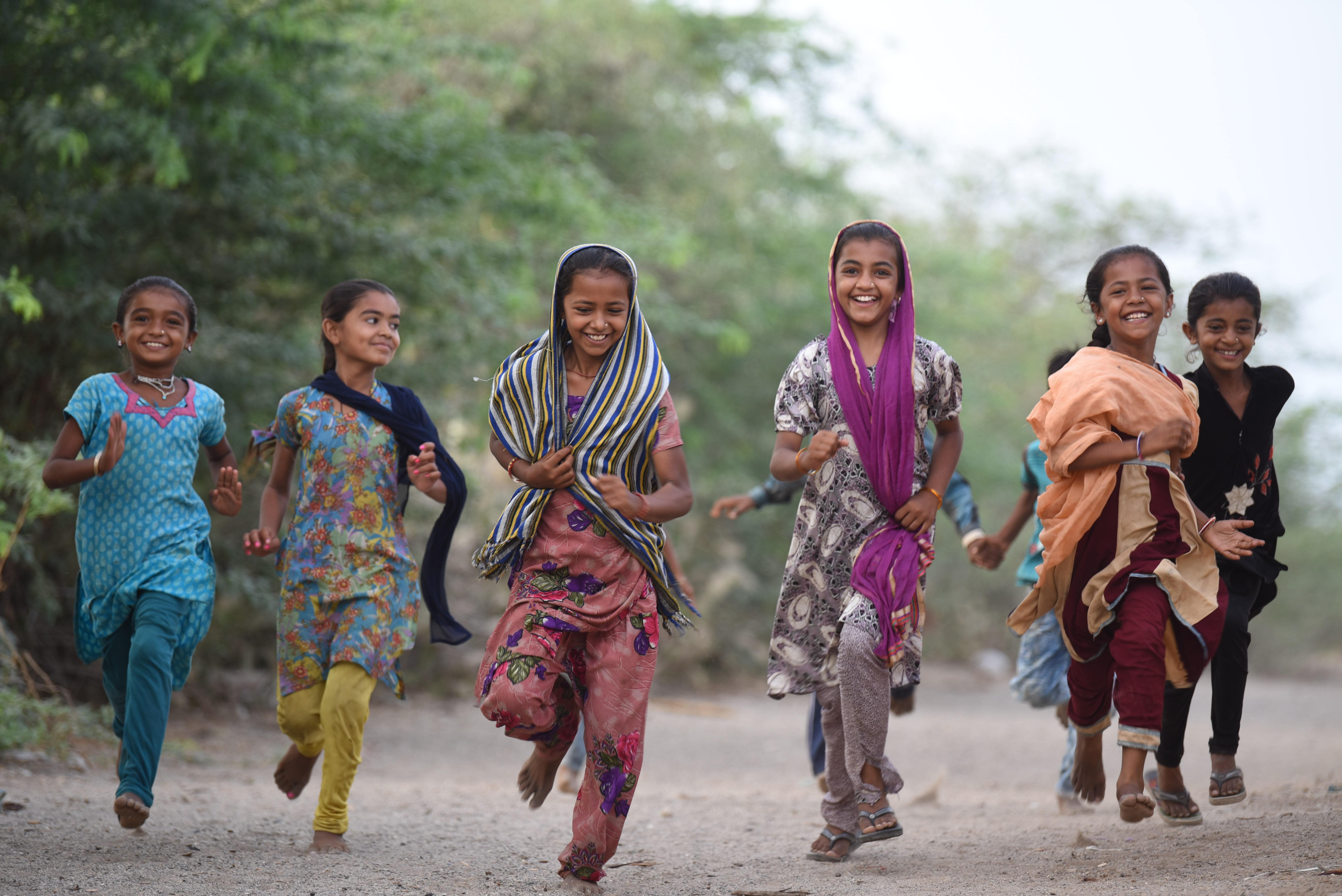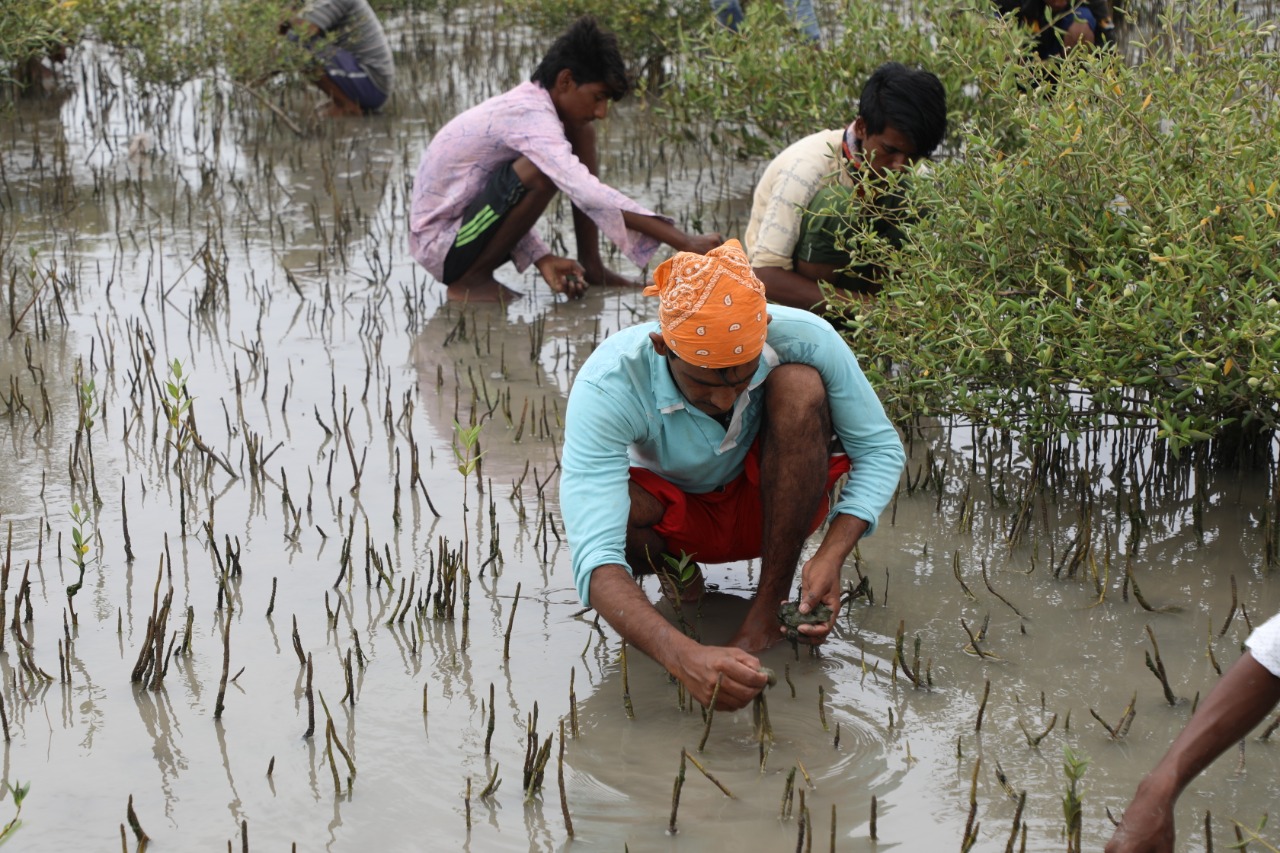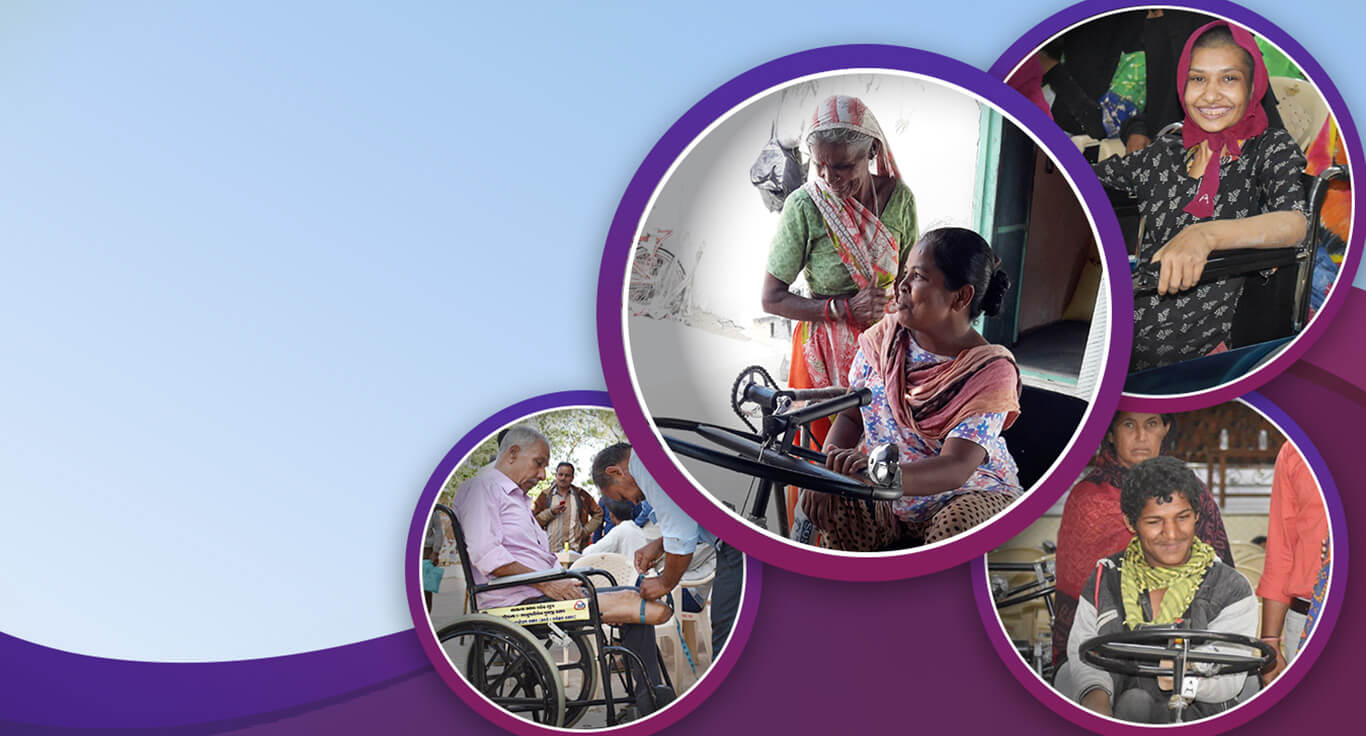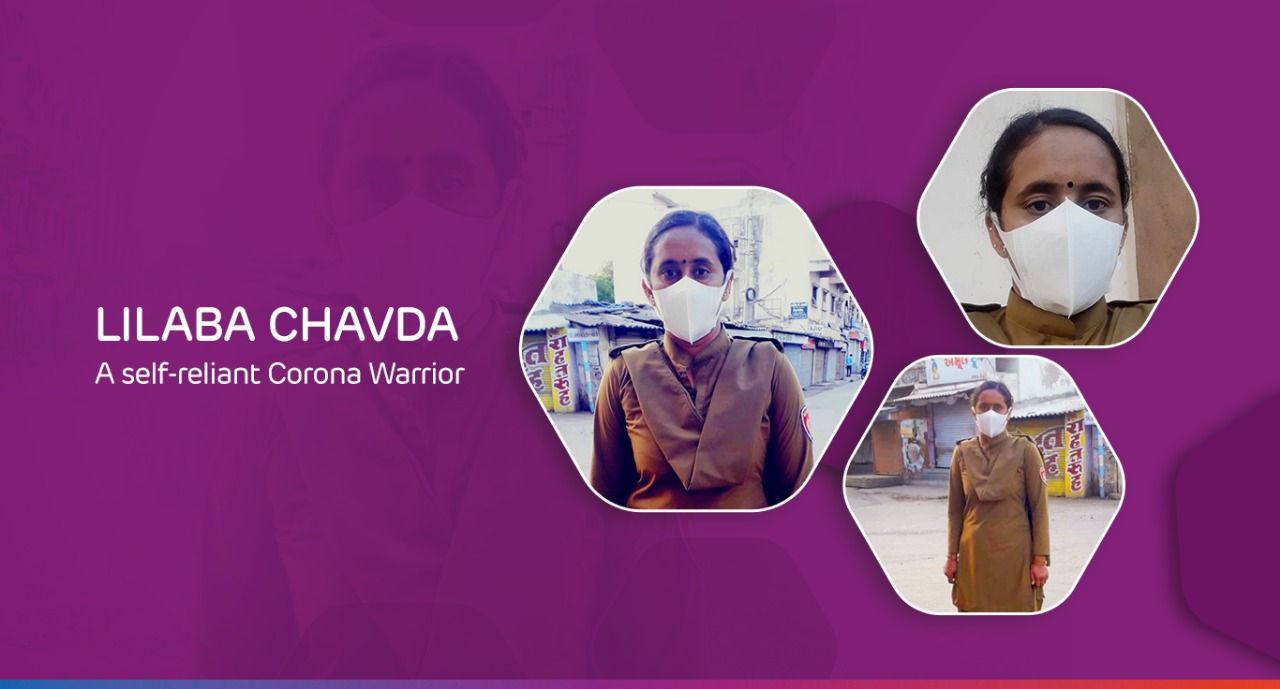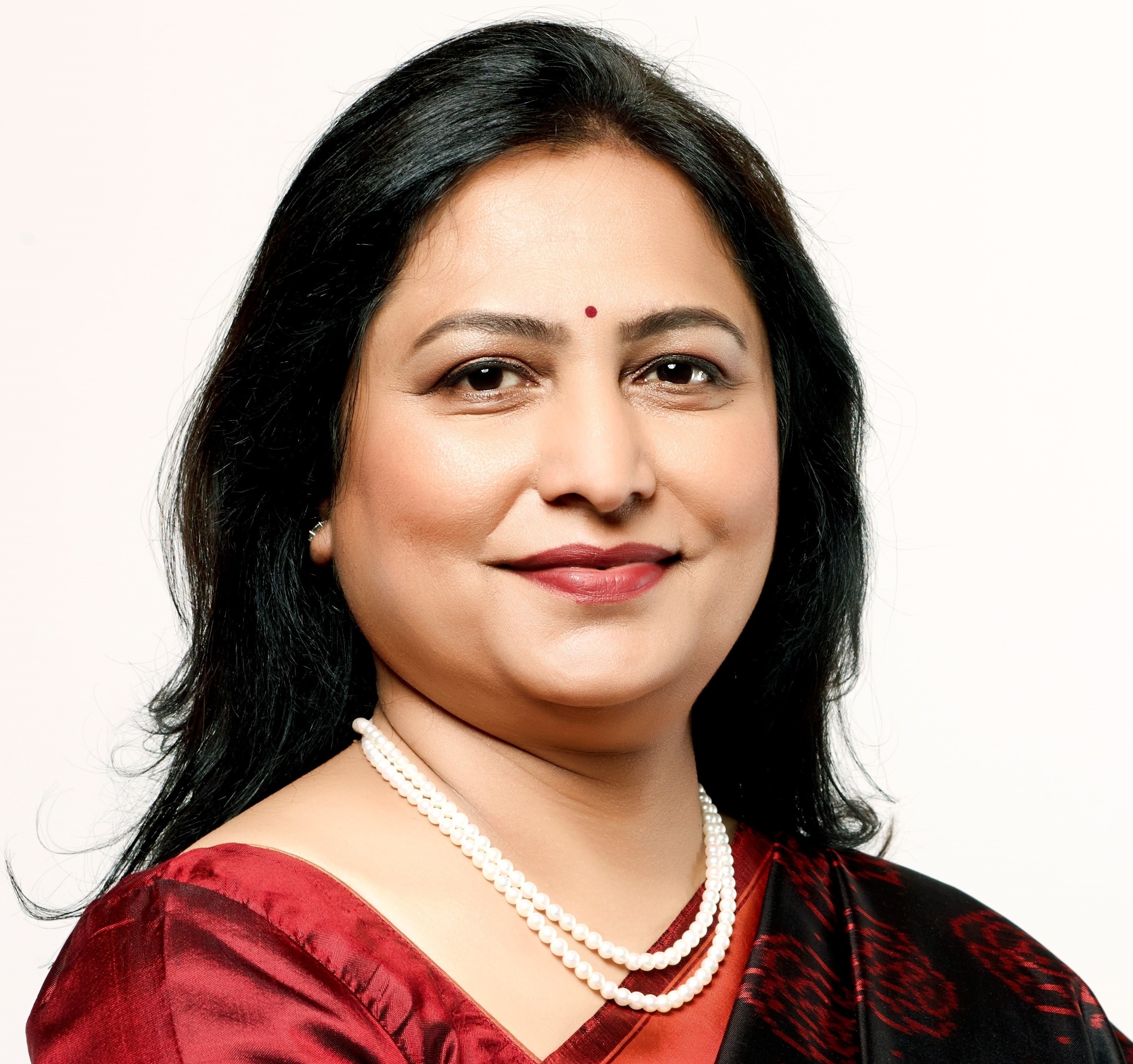
Adani Foundation Chairperson Dr Priti Adani’s Keynote Address at the 2021 India CSR Summit.
It is a privilege to inaugurate the India CSR Summit – three days of learning, thought leadership and analysis. CSR Box is an excellent platform for conversations, collaborations and actions. This year the country is celebrating 75 years of independence – Azadi ka Amrut Mahotsav. But all of us working in the social development sector know that despite intense reforms we have a long, long way to go. In the 2020 Human Development Indices, India ranked 131st among 189 nations. This compels all of us to rethink and relook at our strategies and interventions.
However, it’s been less than a decade that corporates were mandated by the CSR Act to invest 2% of their profits towards community development. So, the positive side of the story is that now there is a steady flow of funds and resources towards the development sector. CSR Box’s analysis shows that in the first five financial years since the government made CSR mandatory, total funds that became available amounted to 1 lakh crore rupees!
Over 75% of eligible companies are now reportedly fulfilling their CSR obligations. So, the funds are there, and more funds will be flowing in. The question now is, how can we make the most meaningful use of these funds? How can we further the causes that we believe in? How can we translate our best intentions into visible, sustainable impact?
With the monitoring and evaluations systems in place, we must now focus on our responsibilities that are the creation, planning, funding, and execution of the most effective projects. Corporates can leverage their strengths in implementation and project management to scientifically design programmes which address the fundamental problems of our country i.e., hunger, malnutrition, illiteracy, poverty, unemployment and lack of adequate healthcare.
Many of these problems are intergenerational and we need programmes which can cut their life cycle. Nip them in the bud so that they do not reappear. This cannot be achieved merely with redistribution or allocation of funds.
And that’s where capacity-building becomes important. It can help us build communities that are resilient and not dependent. Resilient, because of their own education, skills, and self-reliance. Not dependent on charity handouts.
Let me share an example from Adani Foundation’s Fortune SuPoshan project which trains women from within the community to become SuPoshan Sanginis. Sangini, as the name suggests, acts as a partner and guide for their community members. The project aims to curb the intergenerational cycle of malnutrition by focusing on children from 0-5 years age, adolescent girls, pregnant women and lactating mothers. A healthy pregnancy, a healthy mother and a healthy child means there is no place for malnutrition in that household. The Sangini counsels, engages and educates the families; and in serious cases she guides them to get medical assistance. She gives cooking demonstrations to promote healthy eating habits, convinces the family to opt for institutional delivery and creates behavioural change in multifold ways. This is how we are ensuring a long-lasting impact of the project.
CSR efforts should be targeted to reach out to those who are most vulnerable. Take for instance, the Adani Vidya Mandirs, which provide cost-free education to children from marginalized sections of the society. It is a matter of great pride when a student from one of these school gets admission in IIT-Mumbai. But it is a matter of even greater pride that lakhs of children in underserved communities are receiving high quality education and building their own future through our various educational schools and programmes. In that sense, we need to not just celebrate the exceptional successes, but we must aspire to achieve a high rate of penetration and expand our coverage.
Our CSR efforts should be directed at enabling people to receive education, to develop skills and to protect their livelihoods. They should be supported to seek out opportunities for themselves to earn a living. The pandemic has been a rude shock in many ways, reminding us of the dire need for inclusivity, capacity building, and adaptability to change.
In essence, corporates can monitor return on investment in CSR as closely as they would monitor any business ROI. India will soon have the largest and youngest middle class of any nation in history. It is in all our interests that our country is as strong, as healthy, as productive, and as motivated as possible.
To this end, I want to emphasize on three strategic perspectives which I think are valuable. First, partnership & collaboration. We are all working towards the same goal so why not take advantage of each other’s expertise? Fostering purposeful partnerships with Government agencies, Civil Society formations and like-minded organizations can help us curate the best solutions. Second, is gender mainstreaming. The latest National Family & Health Survey (NFHS) suggests that India now has, for the first time in history, more women than men. 1,020 women for every 1,000 men.
We can no longer turn a blind eye to half our population. Girls’ and women’s progress means society’s progress. It’s as simple as that. Third is long-term sustainability. Our work should continue to empower communities even after we leave. This is possible with capacity-building as well as designing economical, scalable, replicable and robust CSR models.
In conclusion, I’d like to say that a change is long due in the way we approach social development work. India has incredible history and a very promising future as it emerges as one of the world’s largest economies. We owe it to our future generations to help create a fair and just society.

